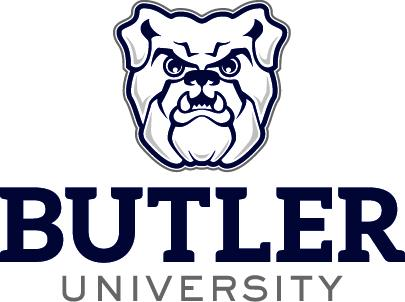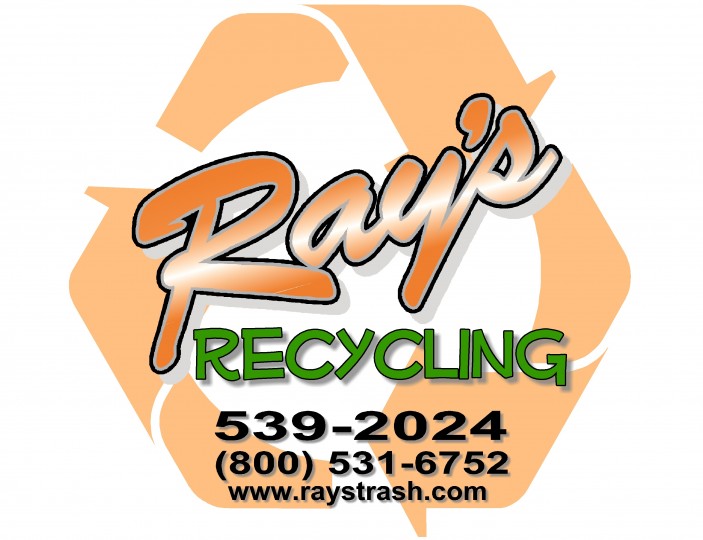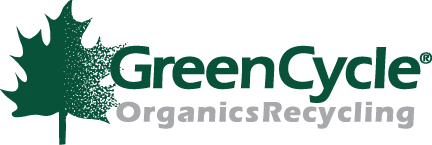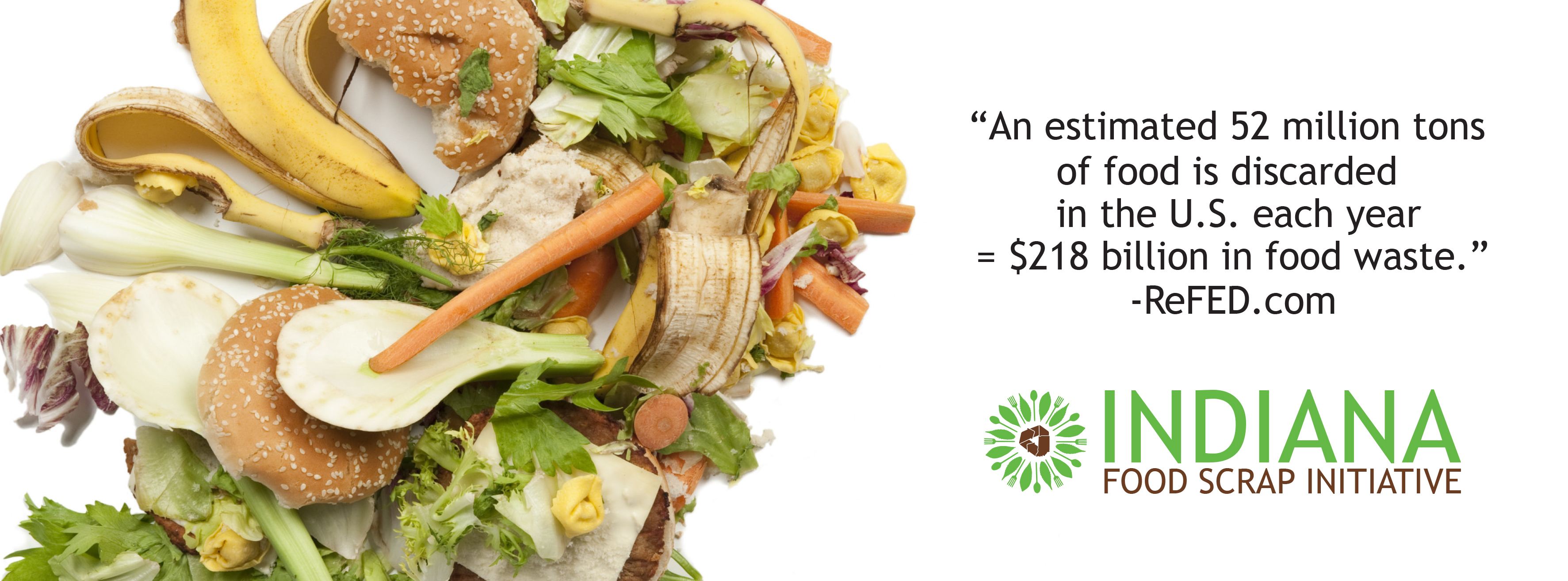What is the Commercial Food Composting Program?
In Fall 2017, in conjunction with major universities, the IRC helped co-pilot a composting program, made possible by a grant from the Closed Loop Foundation, with the generous support of the Walmart Foundation, in Indianapolis as part of our mission to further food recovery in the state of Indiana. The Closed Loop Foundation’s announcement, published in Recycling Today, can be found here.
The IRC will use the funds to populate a collection route for large commercial generators of food waste, serviced by Ray’s Trash & Recycling, in Indianapolis. The goal of the Commercial Food Composting Program is to build up the collection infrastructure and economies of scale for food waste recovery in Indiana.
Interested entities should contact Suzi Denton of Ray’s Trash & Recycling for further details.
Why Compost in Indiana?
- Saves Valuable Landfill Space: Food waste consumes 21% of landfill volume and a huge portion of a commercial food generator’s waste stream.
- Green House Gas Abatement: As food waste decomposes in landfills it produces methane, a green house gas with nearly 60x the warming power of Carbon Dioxide.
- Promotes & Protects Healthy Soil: Composting closes the loop by keeping nutrient-rich soil cycling through an ecosystem and creates a valuable commodity out of would-be-waste.
- Supports Local Jobs: Investing in a composting infrastructure in Indiana supports and expands green jobs in the community.
- ReFED determined that utilizing the existing centralized composting infrastructure has a national diversion potential of 5037 tons of food waste, an economic value of $4 per ton, and 2605K tons GHG reduction, and supports 9,000 jobs (Source: ReFED.com, 2017).

Who can Participate in the Food Waste Compost Collection Route?
In an effort to reach economies of scale, the program is aimed at large commercial generators of food waste, such as:
- universities
- museums
- wholesale food distributors
- grocers/markets
- cafeterias
- hospitals
- hunger-relief organizations
Long-term, the goal is to build an infrastructure that makes it viable for more and smaller scale food waste generators to participate. For now, we recommend that smaller quantity generators of food waste reach out to Earth Mama Compost, Green with Indy, or others for hauling services.
What does IRC Provide?
- Onsite Training & Education: for managers and employees
- Supplies: while they last! signage, window clings, interior and exterior bins and toters of various sizes, compostable bags if desired
- Hauling Subsidy: For a limited time, IRC is collaborating with Ray’s Trash & Recycling to provide a generous scholarship to fund the hauling fees for participating entities.
- Data Collection & Reporting: waste audit and data recording resources
- Promotion, Networking & Acknowledgement: of your business as a sustainable program partner via IRC media channels
To demonstrate the commitment to continue composting beyond the end of IRC’s involvement, participants in the Commercial Food Composting Program must sign a non-binding service agreement with Rays Trash and Recycling.>< >
< >
Collaborators
This is a living list as the program evolves and more and more partners make formal commitments.
Funder | Closed Loop Foundation with the generous support of the Walmart Foundation
Collaborators | IUPUI & Butler University
Hauler | Ray’s Trash & Recycling
Commercial Composter | GreenCycle of Indiana
Participants | IUPUI | Ivy Tech Culinary School | Butler University | International School







